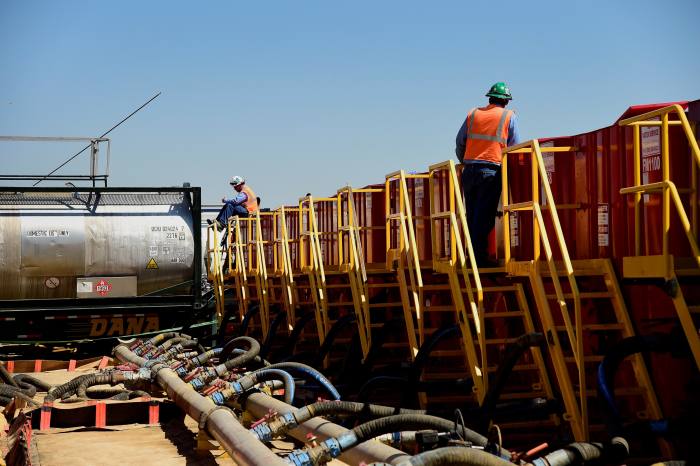
Investments in fossil fuels have risen up the public and political agenda of late.
The strength of public feelings coming to the fore during the Extinction Rebellion protests is providing increased pressure for meaningful action to replace perceived lip service.
Pension funds are a big piece of this puzzle, by virtue of the size of investments held. However, misconceptions abound.
In particular, there have been calls from a number of quarters for pension funds to divest from all their fossil fuel assets, as a point of principle.
Ministerial and campaign group pressure will continue, but – in the face of rhetoric as well as conflicting views flying around – pension trustees need to take steps to understand climate risks before looking to mitigate them.
As the former chairman of a climate change charity, I fully support strong action to address climate change.
Divestment from laggard companies – or at least the threat of it – is an important tool in trustees’ armoury, but it should not be the only tool.
Managing misconceptions
First, let us cut through some of the complexities and misconceptions in the fossil fuel divestment debate.
Many of those calling for divestment overlook the fact that investing in (that is, buying shares or debt of) fossil fuel companies is not akin to giving those companies more money to expand fossil fuel activities or operations.
Key Points
- Investments in fossil fuels have moved up investors' agenda.
- But divestment is not always the best option.
- Trustees need to be sure that divestment is the wish of all scheme members.
Instead, what is going on is usually a change in ownership of existing securities. If trustees sell their assets, someone else will buy them and fossil fuel production will continue unchanged.
Furthermore, while recent political debate has advocated wholesale divestment from fossil fuel assets, this will not be appropriate for most pension schemes.
This is because it is hard to reconcile such an action with trustees’ fiduciary duty to act in members’ financial interests.
There are also advantages to retaining ownership of those securities – something that is often overlooked.
Schemes that remain invested in fossil fuel companies have the powerful tool of ownership rights that they can use to encourage those companies to participate in the transition to a low-carbon economy.
Divestment can send a strong signal about an ethical stance, but it will remove the ability to drive change from within.
A related consideration is that the oil majors taking an active role in the transition to a low-carbon economy are big investors in the renewable energy sector.
By divesting from these companies, do trustees risk missing out on a significant future growth opportunity?
So the idea of ‘voting with your feet’ and ‘boycotting’ fossil fuel companies is not as clear-cut as it is often made out to be.
Divestment must be balanced against the power of exercising the ability to influence the transition to a less fossil fuel-reliant economy.
Empowering investor engagement
Another misconception I frequently see is around engagement – that is, investor-led dialogue that seeks to enhance the long-term value of companies.





